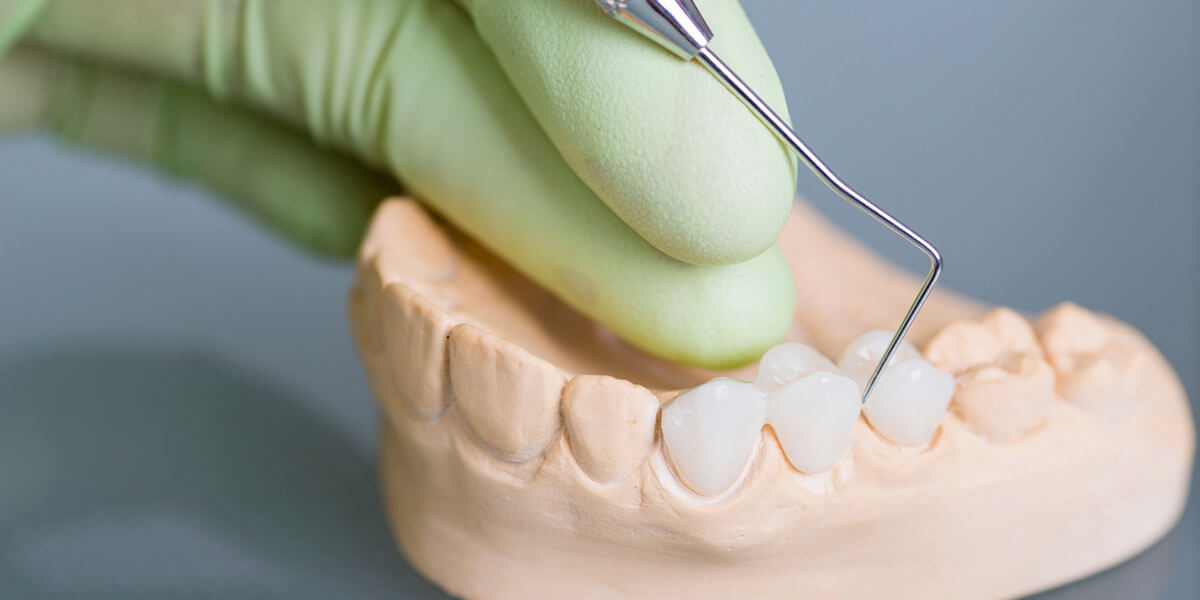Dental Bridges in Melrose

Nowak Family Dental provides dental bridges to patients in Melrose and throughout the greater Boston area. Call 781-662-9119 to learn more or schedule an appointment.
Missing one or more teeth is more common than you think.
According to the American Dental Association, the average adult patient has three missing or decayed teeth. Dental bridges are one of the most frequently used restorative solutions for missing teeth. A bridge is comprised of abutments, which are used to support the bridge, and a pontic, which is the term used for the prosthetic tooth that is held in place by the abutments. With dental bridges, we can restore both function and aesthetics to your smile.
We offer the following types of dental bridges at our practice:
Traditional Dental Bridge
The most commonly used dental bridge, this type of restoration uses the two teeth adjacent to the missing tooth or teeth as abutments. This involves placing crowns on the abutment teeth. The pontic links the two crowns together, quite literally bridging the gap in your smile.
Cantilever Bridge
This type of bridge is used less often; it is similar to a traditional dental bridge, except only one adjacent tooth is used as an abutment to hold the pontic in place. Because all of the support falls to a single tooth, cantilever bridges put the abutment tooth at a higher risk of fracture.
Implant Supported Bridge
This type of bridge is increasing in popularity, as it is the most stable option. Rather than placing dental crowns on healthy teeth to serve as abutments, implant supported dentures use dental implants instead for a more secure restoration. This solution works well when several adjacent teeth are missing.
Maryland Bridge
Some patients want to avoid getting crowns on healthy teeth in order to anchor a bridge. Maryland bridges can be an option in these cases. Instead of using crowns as abutments, the bridge is held in place by a metal framework that is bonded onto the backs of the abutment teeth. The benefit of a Maryland bridge is that it does not add stress to the abutment teeth, but it is more likely to fall off while biting or chewing.
Contact our office to learn more about dental bridges and which option is best for your needs.




